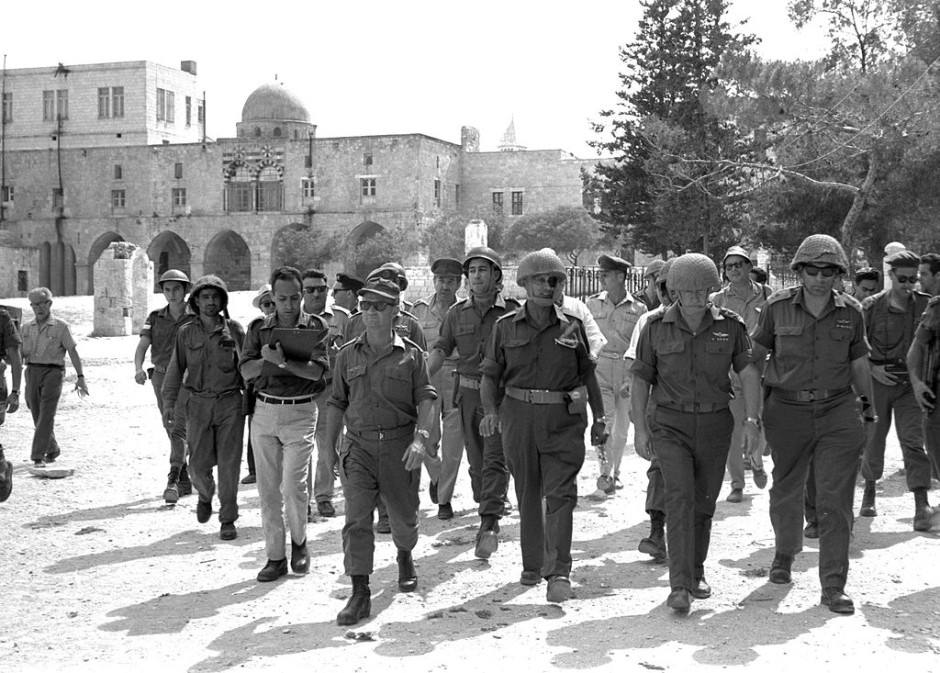The Six Day War produced waves of euphoria in Israel. Within an unbelievable week in June 1967, the Israeli armed forces had crushed several Arab armies, enabling Israel to expand its territory substantially. It was a historical watershed in the history of the Jewish people.
Shortly after the last gun fell silent, a group of kibbutzniks who had fought in the war agreed to talk to the Israeli novelist Amos Oz and the book editor Avraham Shapira. Excerpts from the recordings were published in The Seventh Day, which reflected Israel’s triumphant mood and national ethos of purity of arms.
Unbeknownst to readers, the Israeli army, in accordance with Israel’s censorship regulations, had suppressed what was considered subversive and unpatriotic material.
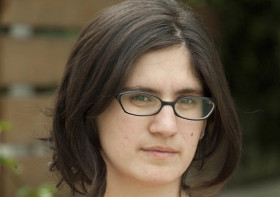
In Mor Loushy’s thoughtful documentary, Censored Voices –which will be screened at the Canadian International Documentary Festival (Hot Docs) in Toronto on April 28 and April 30 — facts which had been suppressed come spilling out in a series of confessions and observations from soldiers who were there. These interviews, forming the core of the film, are supplemented by file footage of the tense pre-war period, the combat in the Sinai Peninsula and East Jerusalem and the post-war era.
The ex-soldiers, now in their late 60s and 70s, do not discuss their combat roles, but rather focus on their feelings. The political views they express are not necessarily representative of the Jewish population at large, since kibbutzniks of their generation tended to be left-wing. Nevertheless, they leave some hard and uncomfortable truths for viewers to digest.
Flashing back to the weeks before the war, the film conveys the fear and uncertainty that gripped the nation. As hostilities break out, one soldier bound for the Sinai exclaims self-confidently, “We’ll fuck you up!” Still other soldiers are consumed by shock, rage and despair.
Elation fills the hearts of soldiers who reach the Suez Canal. Another soldier speaks of the sense of pride that accompanies conquest. Yet another soldier admits he was reluctant to fight and just wanted to get out alive.
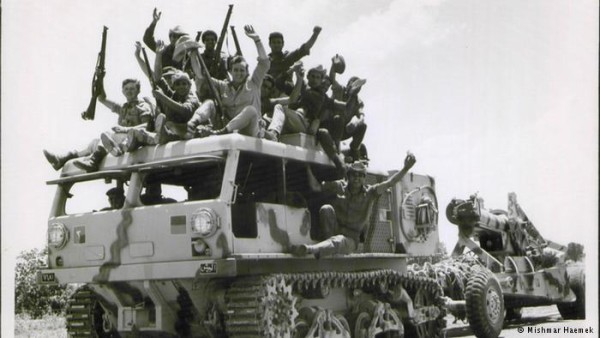
The camera pans on the wreckage of Egyptian armor in the Mitla Pass and on disconsolate and dusty Egyptian troops who’ve surrendered. An Israeli soldier contemptuously compares the prisoners of war to animals. Egyptian soldiers wandering around the sand dunes are killed, as are some wounded Egyptians. “In the war, we all became murderers,” says an Israeli soldier. The order of the day, he says, was to show no mercy to the enemy.
Recalling the fighting in East Jerusalem, the soldiers make a few telling observations: East Jerusalem is an occupied rather than a liberated city. The sound of the shofer, as blown by the army’s chief rabbi as he reaches the Western Wall, resembles a pig’s grunt. Judaism doesn’t sanctify places.
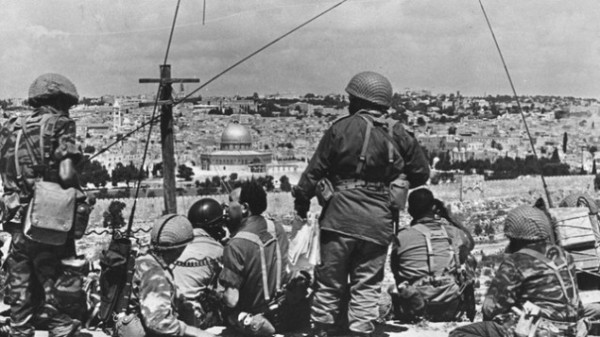
In a town in the West Bank, a soldier’s stomach turns as he listens to the wailing of an old Arab man leaving his home under duress. He says he didn’t go to war to “evacuate” civilians. Another soldier says that the displacement of Arab civilians is a tragedy in the annals of Zionism, but his conscience doesn’t bother him. Still another soldier identifies with Palestinian refugees because they remind him of Jewish refugees in Europe after World War II.
On the Golan Heights, 15 Arab civilians are mowed down in cold blood for no apparent reason. When a soldier complains, his commander says, “When you chop wood, chips fly.”
In the aftermath of the Six Day War, Israelis celebrate a great victory. People dance in the street. Tanks roll by in a military parade. But in Jerusalem, a mother whose son was killed in battle cries out, “The Western Wall isn’t worth his fingernail.”
On the English language service of Israeli radio a month after the war, an announcer extolls the unification of Jerusalem. “This is one united, whole Jerusalem,” he intones, ignoring the views of its Palestinian residents. Jerusalem, he adds in dulcet tones, is a city of light and joy.
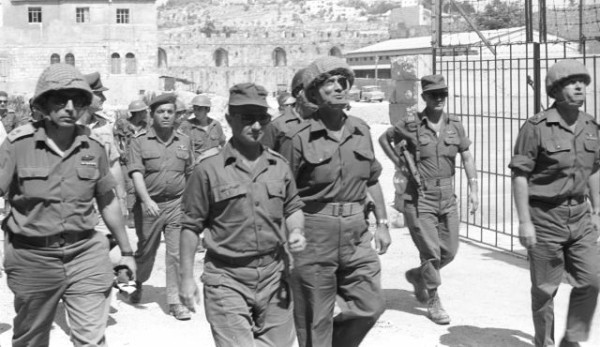
Juxtaposed against this flowery commentary are stunning comments by soldiers: “Are we doomed to fight a war every 10 years?” “I no longer have the will to steal other people’s land.” “I didn’t feel Jenin and Nablus were mine.” “We’ve become a conquering army.” “This war didn’t solve our problems. It complicated them.”
As Censored Voices comes to a close, the men who speak these words appear on screen like ghostly apparitions, unburdening themselves of their thoughts. “As long as we occupy another people, we’re not free,” says one man, referring to the Palestinians of the West Bank. Amos Oz is asked to comment. He stands squarely behind what he describes as their “truth.”
The revisionist narrative of the Six Day War that Loushy brings to the screen so boldly leaves an impression.
